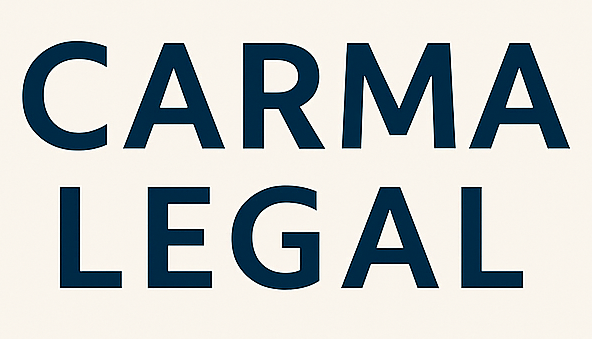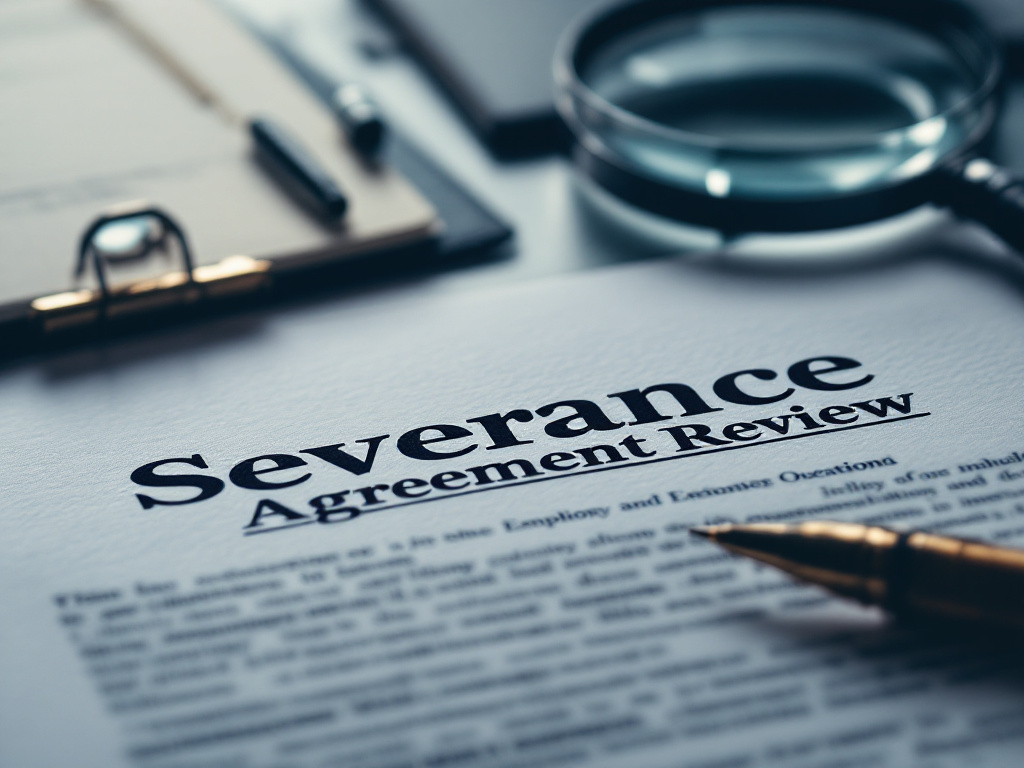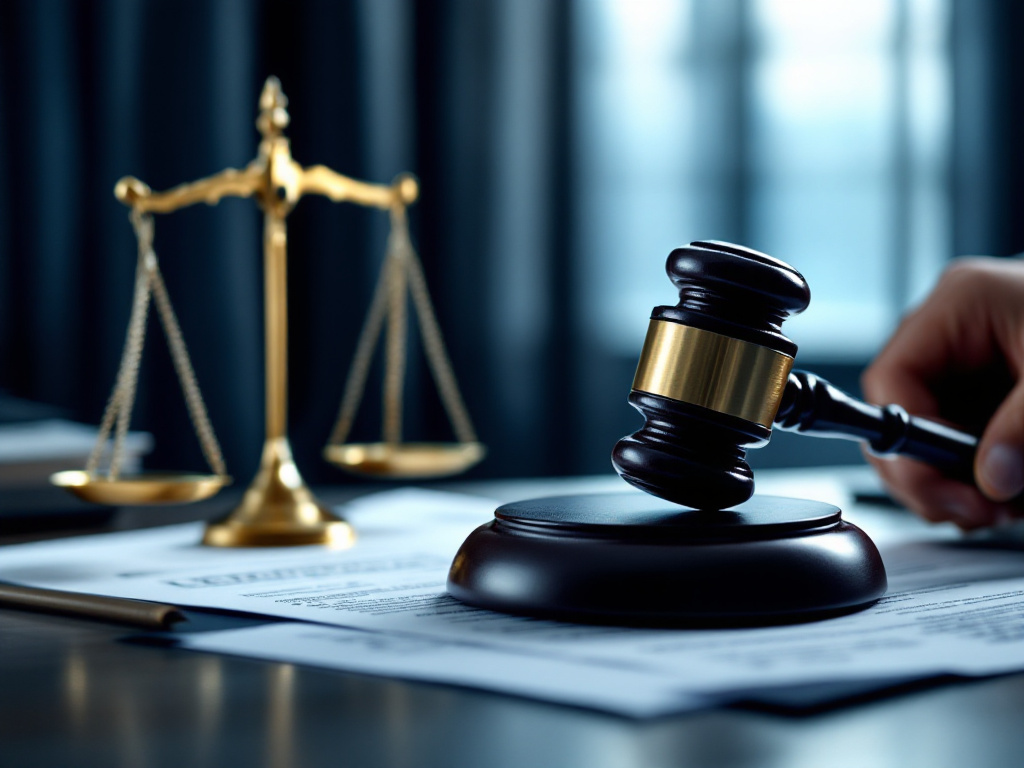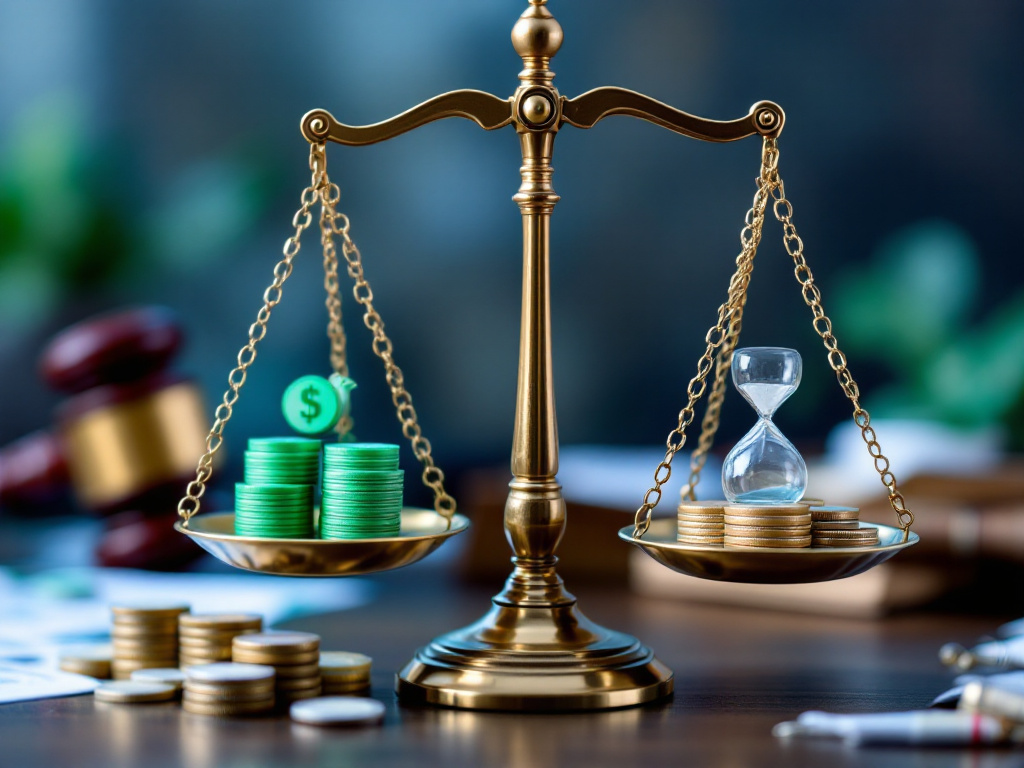When you suffer injuries in your apartment due to a hazardous condition, you have legal rights to seek compensation. An apartment slip and fall lawyer can help you understand premises liability, prove negligence, and pursue damages for medical bills, lost wages, and pain and suffering. Whether you slipped on a wet stairwell, tripped over uneven flooring, or fell because of poor lighting, knowing how to document your fall and work with an attorney is essential to protect your interests.
Below, we explain the duty of care owed by property owners, outline steps to preserve evidence, describe how to establish fault, and show you how legal representation can maximize your recovery. We also highlight common scenarios—from retail stores to negligent security incidents—and include links to related claims so you can explore all your options.
Explain premises liability
Premises liability holds property owners and occupiers responsible for maintaining safe conditions for visitors. When you enter an apartment complex, the landlord or management company owes you a duty of care to inspect, repair, and warn of dangerous conditions. Failure to meet this obligation may constitute negligence, giving you grounds for a claim.
Duty of care in apartments
- Regular inspections of hallways, stairwells, common areas, and parking lots
- Prompt repair of uneven floors, loose railings, or ice buildup
- Clear warning signs for wet surfaces or ongoing maintenance
- Adequate lighting in corridors and exterior pathways
Landlords’ duties vary by state and local law, but generally they must address known hazards and take reasonable steps to prevent accidents [1].
Visitor categories and obligations
Property owners’ responsibilities depend on your status:
- Invitees (tenants and their guests): highest duty of care, including regular hazard inspections
- Licensees (social visitors): duty to warn of known dangers
- Trespassers: limited duty, but hazardous conditions with hidden harm may still trigger liability
Understanding your classification helps you and your premises liability lawyer assess the strength of your case.
Identify apartment hazards
Slip and fall accidents in apartment complexes can stem from many conditions. Recognizing common hazards helps you document what went wrong and strengthens your claim.
Common slip and fall causes
- Wet or slippery surfaces from rain, snow, or leaks
- Uneven thresholds, cracked sidewalks, or torn carpeting
- Poorly maintained stair treads and handrails
- Inadequate lighting in parking garages or hallways
- Obstructed walkways with debris, boxes, or furniture
Impact of apartment falls
Slip and fall injuries range from sprains to fractures and traumatic brain injuries. According to the Centers for Disease Control and Prevention, one in five falls causes a serious injury such as broken bones or head trauma, and falls account for 95 percent of hip fractures in older adults [2].
A broken hip often requires surgery and extensive rehabilitation, leading to high medical bills and lost income [2]. With the annual cost of falls topping $50 billion in the US, you may be entitled to seek full compensation from those responsible.
Document your fall
Proper documentation forms the foundation of a strong claim. Gathering timely evidence ensures you can prove how and why the accident occurred.
Seek prompt medical attention
- Get evaluated by a qualified healthcare provider, even if injuries seem minor
- Keep detailed medical records and invoices
- Follow all treatment plans to avoid gaps in recovery documentation
Report the incident
- Notify the apartment manager or landlord in writing
- Request a copy of the incident report or log the key details yourself: date, time, location, and conditions
- Ask witnesses for contact information and statements
Gather physical evidence
- Photograph the hazard from multiple angles, including surrounding areas
- Preserve your clothing and footwear in the condition they were at the time of the fall
- Collect surveillance footage if available
Well-documented evidence makes it harder for a negligent property owner to dispute your claim.
Prove negligence and fault
To recover damages, you must establish that the property owner breached their duty of care and that this breach caused your injuries.
Elements of negligence
- Duty: The owner owed you a duty to maintain safe premises.
- Breach: They failed to fix or warn about a dangerous condition.
- Causation: The breach directly led to your fall.
- Damages: You suffered physical, financial, or emotional harm.
Comparative negligence rules
Most states follow comparative negligence, reducing your compensation by your share of fault. For example, if you are found 20 percent responsible for not watching your step, your award will be reduced by 20 percent. Some jurisdictions bar recovery if you are more than 50 percent at fault. Check local limits and deadlines with an attorney experienced in apartment slip and fall claims.
Seek legal representation
An experienced lawyer can guide you through complex legal requirements and negotiate with insurers on your behalf.
How an attorney can help
- Evaluate liability and calculate full damages, including future medical costs
- Handle communications with property managers and insurance adjusters
- Preserve and subpoena crucial evidence such as maintenance logs and repair records
- File timely claims before statutes of limitations expire
Working with a dedicated apartment slip and fall lawyer or a negligent property owner lawyer ensures your rights are protected and maximizes your recovery potential.
Choosing the right lawyer
- Look for track record in premises liability and apartment fall cases
- Confirm you will work directly with the attorney handling your case
- Discuss fee structures—most slip and fall attorneys work on contingency, so you pay only if you win
- Read client testimonials and check professional ratings
Secure compensation and damages
Once negligence is proven, you can pursue various types of damages to cover your losses.
Types of recoverable damages
- Medical expenses (past and future)
- Lost wages and diminished earning capacity
- Pain and suffering, emotional distress
- Loss of enjoyment of life
Settlement versus trial
Most cases settle out of court. Your lawyer will negotiate an offer that reflects your total damages. If negotiations stall, you may proceed to trial where a judge or jury decides your award. Consulting a slip and fall settlement lawyer helps you understand the pros and cons of each approach.
Explore related claims
Slip and fall incidents often overlap with other premises liability issues. If your case involves multiple factors, you may need to consider additional legal avenues.
- Trip and fall incidents: work with a trip and fall attorney
- Restaurant hazards: consult a restaurant slip and fall attorney
- Grocery store accidents: contact a grocery store slip and fall lawyer
- Negligent security or poor lighting: speak to a negligent security attorney
- Dog bites or attacks on premises: retain a dog bite lawyer or animal bite lawyer
Whether you fell in a rental hallway or on icy steps outside, understanding your rights and working with the right legal team is critical. By following these steps and securing knowledgeable representation, you can hold negligent parties accountable and focus on your recovery.








